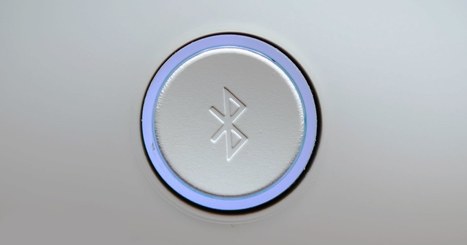Bluetooth-related vulnerabilities can affect a dizzying array of devices. In the latest instance, a newly discovered round of 12 Bluetooth bugs potentially exposes more than 480 devices to attack, including fitness trackers, smart locks, and dozens of medical tools and implants.
Researchers from Singapore University of Technology and Design began developing techniques for analyzing Wi-Fi security in January 2019, and later realized they could apply those same methods to assess Bluetooth as well. By September they had found their first bug in certain implementations of Bluetooth Low Energy, the version of the protocol designed for devices with limited resources and power. Within weeks, they had found 11 more.
Collectively dubbed "SweynTooth," the flaws exist not in BLE itself, but in the BLE software development kits that come with seven "system on a chip" products—microchips that integrate all of a computer's components in one place. IoT manufacturers often turn to off-the-shelf SoCs to develop new products quickly. That also means, though, that SoC implementation flaws can propagate across a wide variety of devices.
Learn more / En savoir plus / Mehr erfahren:
https://www.scoop.it/t/securite-pc-et-internet/?&tag=Bluetooth
https://www.scoop.it/topic/securite-pc-et-internet/?&tag=SweynTooth



 Your new post is loading...
Your new post is loading...












Bluetooth-related vulnerabilities can affect a dizzying array of devices. In the latest instance, a newly discovered round of 12 Bluetooth bugs potentially exposes more than 480 devices to attack, including fitness trackers, smart locks, and dozens of medical tools and implants.
Researchers from Singapore University of Technology and Design began developing techniques for analyzing Wi-Fi security in January 2019, and later realized they could apply those same methods to assess Bluetooth as well. By September they had found their first bug in certain implementations of Bluetooth Low Energy, the version of the protocol designed for devices with limited resources and power. Within weeks, they had found 11 more.
Collectively dubbed "SweynTooth," the flaws exist not in BLE itself, but in the BLE software development kits that come with seven "system on a chip" products—microchips that integrate all of a computer's components in one place. IoT manufacturers often turn to off-the-shelf SoCs to develop new products quickly. That also means, though, that SoC implementation flaws can propagate across a wide variety of devices.
Learn more / En savoir plus / Mehr erfahren:
https://www.scoop.it/t/securite-pc-et-internet/?&tag=Bluetooth
https://www.scoop.it/topic/securite-pc-et-internet/?&tag=SweynTooth